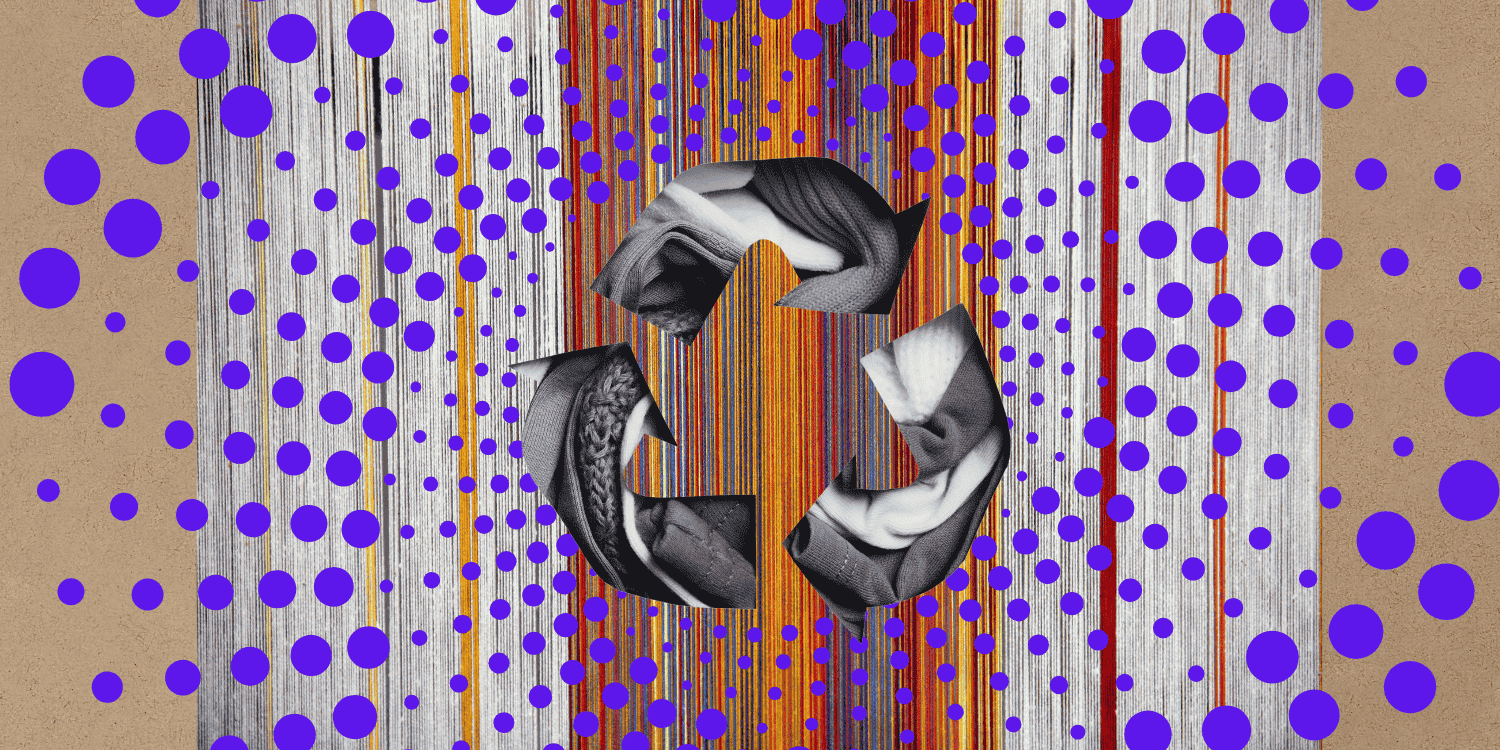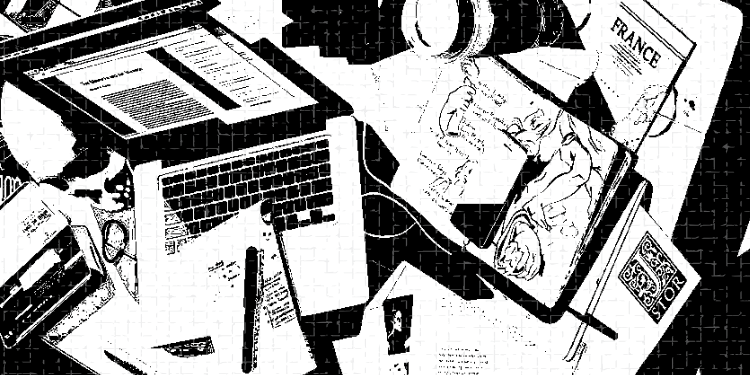As we inch closer to the start of one of the most cardinal and exhaustive exercises in Indian democracy, we reflect on one of the major frameworks instituted by the Election Commission of India to determine standards of political behaviour prior to elections. In 1960, it was referred to as the ‘Minimum Code of Conduct’ and is now in force as the ‘Model Code of Conduct’. It is a set of conventions, agreed upon by all political parties, in order to ensure free and fair campaigning and polling practices before the country steps out to vote. The Kerala administration created the first blueprint of such a draft code in September 1960, following which the Election Commission adopted a similar draft and circulated the same amongst all political parties for the national general elections in 1962. “The Leap of Faith”, a book published by the ECI, details its evolution and revisions over the years.
The model code of conduct is divided into seven broad sub-themes. Under the category of general conduct, all parties and party candidates are forbidden from partaking in activities which can cause tensions between individuals and groups from different communities based on communal, caste, linguistic and other socio-economic identities, as well as using these identity markers as the premise for securing votes. On similar lines, places of worship or other sites of religious significance cannot be used for campaigning purposes. Safeguarding the private lives of political candidates amidst the election period is also equally significant, and therefore, any and all criticism directed towards a candidate or political parties by their contemporaries must be restricted to their work related to policymaking in the country, which also includes personal property of political candidates being off-limits for as sites for demonstration by competing bodies. Owner permissions need to be taken for planning processions on private land, and formal police permissions need to be in place prior to planning any meetings and rallies.
Additionally, all activities which fall under the ambit of ‘corrupt practices’ as defined by the election law, including unlawful manipulation of voters ranging from the use of intimidation tactics to canvassing within 100 metres of polling booths, are prohibited. Individuals from the ruling party are neither allowed to use official state machinery, including government-owned vehicles for electoral campaigning nor exercise exclusive access over public infrastructure once the model code of conduct is in force. They are also prohibited from using public funds to sponsor their electoral campaigning activities. Once the election dates are announced, ministers and other authorities from the ruling party are also not allowed to make any further statements or public undertakings which indicate the promise of new schemes, grants, the building of new public infrastructure or make any additional ad-hoc appointments in the government which could sway public opinion in their favour. Lastly, no members of the ruling party can enter polling booths in any capacity apart from voters or authorised agents. As far as guidelines on election manifestos from all contending parties are concerned, there is a general flexibility around the kind of provisions that can be promised in any given manifesto as long as they reflect the spirit of the Directive Principles of State and “do not vitiate the purity of the election process”.
A 2015 report on Electoral Reforms by the Law Commission made an observation about the MCC provision, which prohibits the use of advertisements funded through the public exchequer in print and digital media during the election period. It remarked that despite the onset of this ban immediately after the announcement of election dates, members of the ruling party can still benefit from an undue advantage through previously released advertisements focused on highlights from the government’s achievements, released close to the announcement date. Therefore, it was recommended that the ban on government-sponsored advertising be extended for up to 6 months prior to the ruling party’s end of term. However, violations towards any of the mentioned provisions cannot result in any legal ramifications through the Election Commission as the MCC is not enforceable by law. The argument behind this is the fact that formalising the MCC to be legally binding would then have to result in legal proceedings in cases of violation, the timeline of which would far exceed the whole election process in a given period. Therefore, in cases of suspected violations at present, the ECI issues a notice to the entity independently or in response to a complaint raised by others. A number of MCC violations have taken place in the past, prompting action from the ECI. The most recent incidents include the Karnataka government publishing advertisements on welfare schemes in Telangana close to polling dates in November 2023, as well as the delivery of WhatsApp messages to all citizens by the Centre’s Viksit Bharat campaign in 2024. Another example of a recent violation includes derogatory remarks made by Telugu Desam Party Chief N Chandrababu Naidu against the Andhra Pradesh Chief Minister Y S Jagan Mohan Reddy. In all cases, the ECI issued notices or warnings with a 48-hour timeline for providing an explanation for the misconduct.
In July 2018, the ECI also came up with the C-Vigil application wherein any individual can submit evidence in the form of photos or videos of political misdemeanours in relation to MCC violations. The ECI is reported to have received over 79,000 complaints through this portal from the time of the announcement of the 2024 Lok Sabha Elections. However, with the current rate of social media consumption across different age groups and an exponential increase in propaganda and disinformation trends over the years, regulating political information online has become even more important, in light of the objectives of the Model Code of Conduct. The Umesh Sinha Committee constituted in 2018 recommended changes in this regard to the MCC, which resulted in the formation of a “Voluntary Code of Ethics for the General Elections 2019” by the Election Commission in partnership with the Internet and Mobile Association of India (IAMAI), Facebook, Google and others. Under this code, violations can be notified by the ECI to relevant platforms under Section 126 of the Representation of People Act 195, following which appropriate actions need to be taken within 3 hours. Violations under this section can result in imprisonment, fines or a combination of both. The aforementioned platforms are expected to develop swift reporting mechanisms to assist the ECI in flagging and taking down such media content.
While these suggestions were made by the Sinha Committee in 2019, little has been done till date to formalise the same with more legal teeth. In the absence of a clear regulatory framework, the code also relies extensively on online intermediaries which leaves a substantial grey area in terms of regulating online content. Additionally, publicity and political endorsement indirectly through engagements with independent content creators and social media influencers with a massive online following have also been a part of the efforts by the political parties to sway public opinion. With the colossal volume of online material being generated on a daily basis and treading the fine line between paid content and personal opinions put up by such entities, it becomes a much more complicated task for the ECI to regulate. It is a clear indication that a stronger and more comprehensive framework is needed to effectively moderate the role of digital media in influencing free and fair elections within the ambit of the Model Code of Conduct. An evolved code is imperative to keep in line with the current trends of digital penetration in the country and its impending boom.






